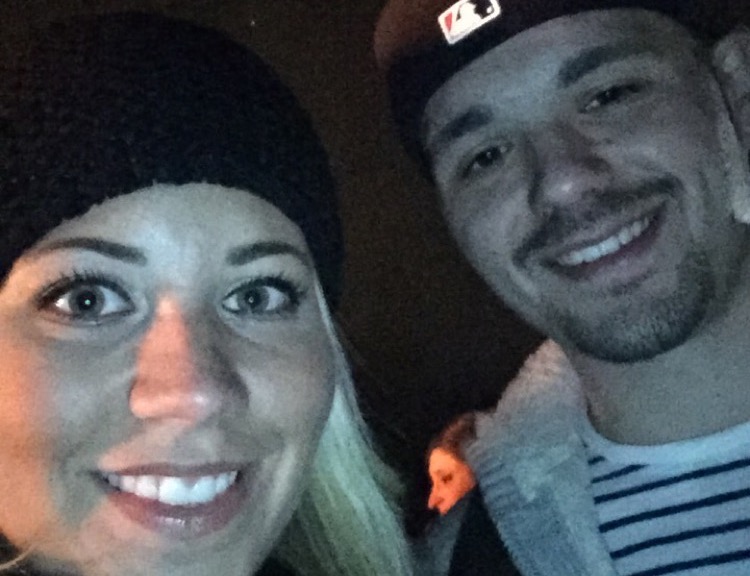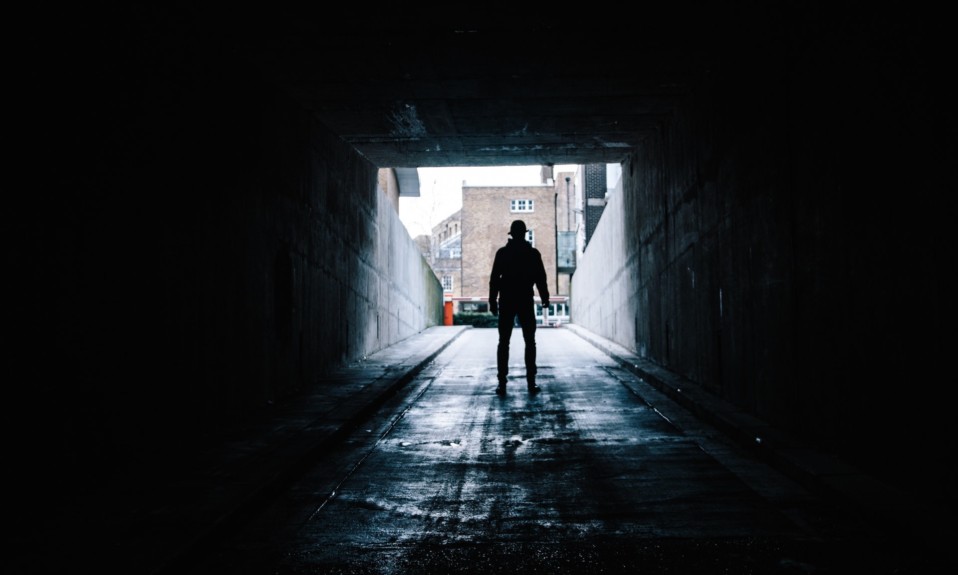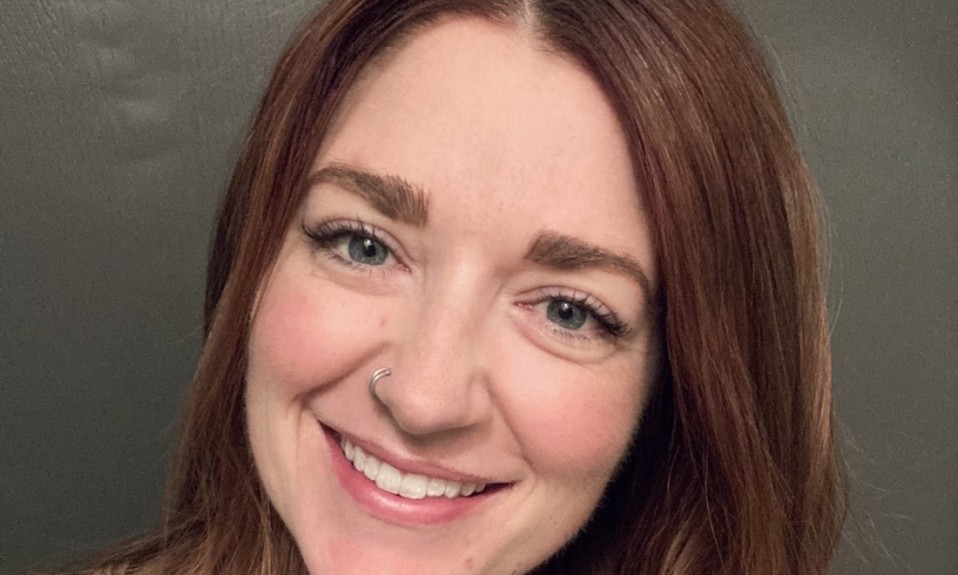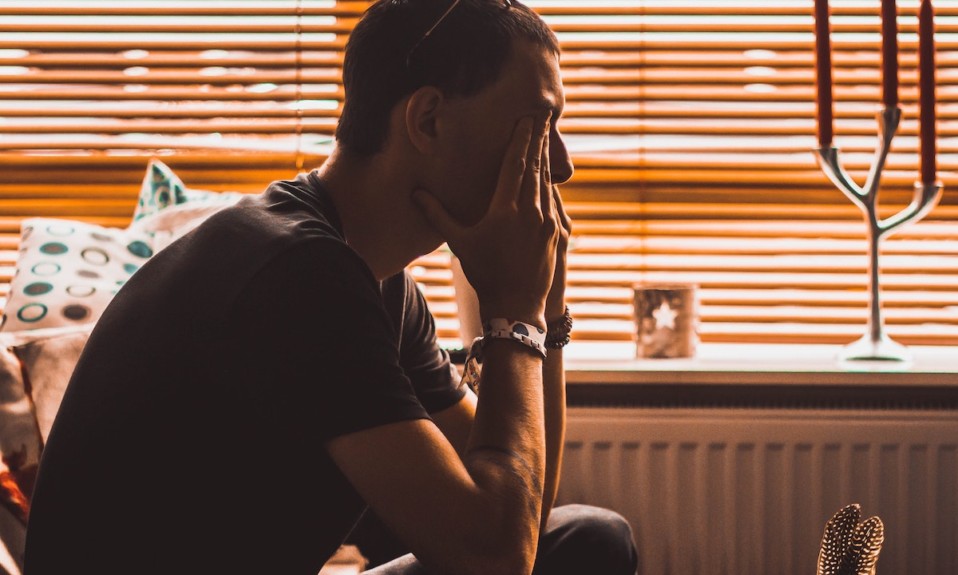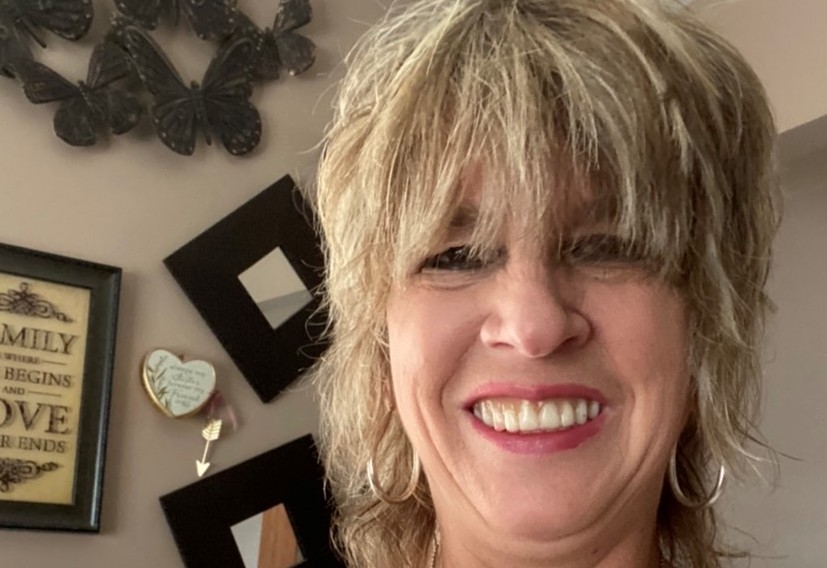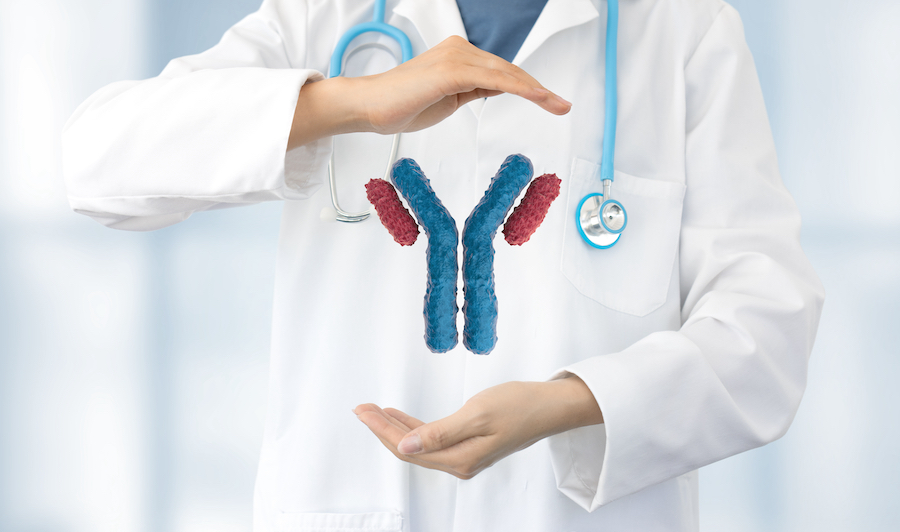In the aftermath of losing her son to drugs, Joanne has experienced a whirl of emotions. But she has a simple secret for continuing to move forward
By Joanne Marshall, mother of Aaron Van Marshall—forever 26
Oct. 27, 2015. As I left that morning, things did not feel right. My son, Aaron, just home from a six-month stay in a rehab facility operated by the local sheriff’s system, was acting off. I had been like any other concerned parent—I was probably overbearing and questioning his every move. But I was so afraid to lose him again.
The past few years had been so difficult trying to get him help where he felt safe. I quickly learned that regardless of what your insurance says it will cover, it will not. Some of the terrible places they want to send kids to are completely and totally unsafe. To think that the biggest and best insurance companies in our country are supporting such poorly run facilities is horrific, to say the least.
The moments are so clear in my mind: how I tried to wake him up, the screams, the calls, the tears, the disbelief.
When my son first agreed to treatment, I reviewed my insurance coverage and quickly called a well-known retreat that had a very beautiful campus and an incredible addiction program. Once we arrived, I was told that my son had not overdosed or tried to kill himself enough to warrant that facility, with my insurance! I was horrified, stunned and crushed all at the same time. Because it was late on the start of a holiday weekend, they agreed to take my son for detox for four days. He was then released back to us.
That obviously was not enough to fix the serious problem he had. I found quickly that we simply could not afford to get him into programs locally that could help him. It wasn’t until he obtained his own state insurance that he qualified for programs that, after long timelines, he was able to start to get the assistance he needed. But was it really the right road? Methadone. Another addiction. And the control from these facilities is horrible.
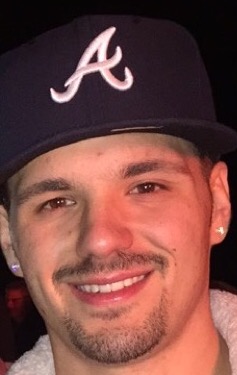
Still, my son was doing well. He had a great job and was attending his early-morning meetings prior to my work schedule. But when my car was involved in a terrible accident and I had to have him rely on the bus schedule, they would not change his meeting time and threw him out of the program. Just like that, he was dumped from 80 mg of methadone to nothing in five days. That led him right back to the streets for drugs.
Do I blame my son? Of course! We are all responsible for choices we make. However, I also blame a broken bureaucratic system that involves insurance companies and state-run facilities that are complete jokes. And whoever is watching over them, I say, “Shame on you!” Take a look at the people dying daily. Then speak to parents who have taken every avenue possible for years and tell me this is being addressed. I am one of many parents here to say, “It is not!”
So, where do parents go? What do we do? We took the last road we felt we had as a choice. We turned our child in to the court and sectioned him for his own safety. He went to jail for being addicted to drugs. Drugs he also wanted to stop using. We were lucky. He was able to move into a program through the sheriff’s system that had, and continues to have, great success. He excelled there, and our family was there 100% to support him on visiting days and with all his essentials.
He was released from the facility on Oct. 11, 2015. I enrolled him immediately with a drug counselor he related to very well. I watched him incessantly, though I tried to allow him space, as it seemed surreal to have our son back. Someone we had missed for so long. To see him care again about his appearance, his clothing—it was both exciting and overwhelming.
We had a code—one set by the counselor. He broke the code. Just shy of three weeks, I came home to find him dead. Twenty-six years old and dead in the bedroom I had redone for him. Dead in a room he was so happy to come back to. The moments are so clear in my mind: how I tried to wake him up, the screams, the calls, the tears, the disbelief.
Yet while driving home that day, I knew it—I felt it so clearly. I was sickened. I kept hearing my last words to him that morning: “I love you.” He assured me his anxiousness was normal. He said he loved me, and I hung up the phone. As I ran up those stairs and his door was locked, I fumbled—but I knew what I was going to find. My heart was racing with hope that I was wrong, but I wasn’t.
I have been numb since that moment. In the days that followed, I donated everything I had supplied him with at the facility to others there who did not have the support we gave to our son. The heads of the facility shared the service they held for our son with the other inmates. They were completely shocked and saddened. They so thought our child was going to be a success story. So did we.
It is a different beast. … Sometimes the storm feels like it’s too much to bear and you’re dead-cold inside. But sometimes the sun can shine, and you feel the love.
People ask how I function, how I get through it. And I know people suffering with the loss of their children, and in that pit of despair, they ask me how they will get through it. My answer? There is no answer.
Everyone is different. My husband and daughter and mother were in deep despair. Our family was in shock and so saddened, I felt like I became this rock that had to make sure everything was done just so. They say there are seven stages of grief. I believe that, but I think everyone goes through those stages in their own order and in their own time. Because I can smile, don’t think my heart isn’t broken. Because I can laugh again, don’t think I don’t sometimes cry all the way to work. Don’t think I don’t cry when I hear a song that brings my son so clearly forward to me.
Everyone grieves differently, and it doesn’t mean that one person hurts more or less than the other. And I do not think everyone understands. When people say stupid things, like it will get better with time, they are clearly someone who has not lost a child. It is a different beast. It eats you from the inside out. And that heartache never ever goes away. I think sometimes just like the sun, you don’t always shine anymore. Sometimes your tears come down like rain. Sometimes the wind takes your breath away. Sometimes the storm feels like it’s too much to bear and you’re dead-cold inside. But sometimes the sun can shine, and you feel the love.
My advice is simple: Just breathe.


